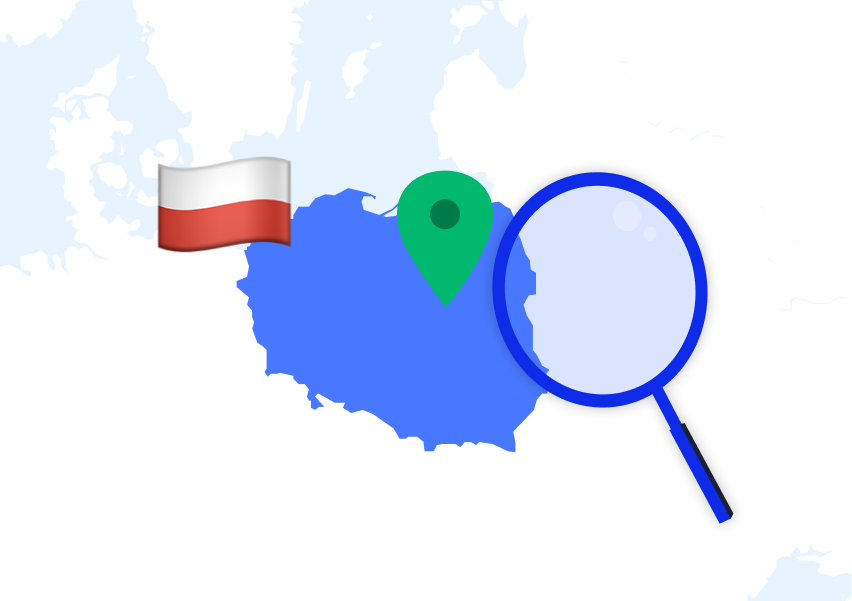#1 B2B marketplaces as the new norm
More than ever, companies need to boost the range of their suppliers and to optimize their sourcing, so as to best meet the needs of their customers and maximize the operational efficiency of their purchasing.
From this point of view, business to business marketplaces now represent an essential means for identifying new partners beyond the organization’s remit. They allow purchasing departments to gain in flexibility and reactivity. While ensuring competitive pricing.
They provide a solution in the struggle for talent, and allow businesses to access the best expertise in specific areas of competence, with suppliers of all sizes and types (ESN, freelancers, agencies, etc.).
This evolution to ‘platforms’ also brings many benefits, such as support in sourcing, a framework that facilitates negotiations, better monitoring of contracts, and optimized project management.
#2 The strong progression of freelancing
If for a long time, companies (and in particular large groups) were cautious about using freelancers, today the situation has definitively changed. This form of work has been democratized and has become an ideal solution for companies looking for expertise, flexibility and cost control.
The advent of telecommuting and the growing use of B2B marketplaces or freelance platforms have largely contributed to this increase in the importance of freelancing. And it’s clear that the trend will continue over the coming years.
The services provided by freelancers now represent an important part of the procurement budget of large companies, especially in areas related to technology and IT.
#3 Data for more accurate reporting and better managerial control
In a context of inflation and the risk of economic crises, controlling expenses is undoubtedly becoming the number one priority for purchasing departments. Measuring the quality of intellectual services is likewise a major challenge. More generally, the monitoring of performance and operational efficiency is an issue that is becoming increasingly important in intellectual services purchasing.
Purchasing departments are therefore increasingly structuring their reporting around specific KPIs. They therefore need to rely on precise and reliable data, in the form of control panels.
Data analytics and visualization are thus infusing the world of intellectual services purchasing thanks to new tools and precise indicators, which enable them to monitor in real time their expenses, price trends and the continuity of their procedures. Progress in the use of data also allows buyers to accurately measure the performance of their suppliers and optimize the selection of the latter.
#4 The growing importance of sustainable procurement initiatives
CSR (Corporate Social Responsibility) is not a new trend in purchasing departments. For several years now, companies have been aware of the need to integrate sustainable development initiatives into their procedures, as well as criteria related to Positive Impact in their selection of suppliers.
But until now, purchasing intellectual services had often been relegated to the background of these initiatives. This was due in part to the competition for talent, which made sourcing more complex and made it difficult to impose additional constraints on this category of purchasing.
Today, more and more companies are nevertheless starting to consider implementing more ethical and more sustainable purchasing parameters for intellectual services. The signing of agreements for responsible supplier relations, the requiring of certifications or labels in invitations to tender, the implementing of quotas for suppliers committed to diversity and inclusion… change is undoubtedly underway.
#5 The emergence of a new category of intellectual services
Over the last few decades, the digital revolution has brought IT services procurement to the forefront. Large-scale digital transformation projects in fact obliged companies to call on external skills in the areas of web development, cybersecurity and IT infrastructure. And companies continue to rely heavily on suppliers with technical or change management expertise.
Today, we are witnessing a new revolution within organizations: that of Positive Impact. More and more companies are becoming aware that they cannot create value without taking into account the social and environmental impacts of their activities. They now want to place their responsibility at the heart of their business model.
This new disruption requires the mobilization of specific skills. Skills in decarbonation, biodiversity project management, green IT, extra-financial reporting, etc. However these skills are still relatively new and few companies have experts in these areas on their internal teams.
As a result, many companies are turning to external consultants to provide Positive Impact intellectual services to support their transformation. As a result, a new category of intellectual services procurement is emerging in this area of expertise, and demand from companies is increasing considerably.
The major trends in intellectual services procurement are therefore many and varied, marked by the continuing digital transformation, societal changes, the new environmental situation and the economic climate. This purchasing sector is the arena of profound change, which will continue in the years to come. One thing is certain: these changes are leading to a growing importance given to this purchasing category, which is becoming increasingly strategic.



